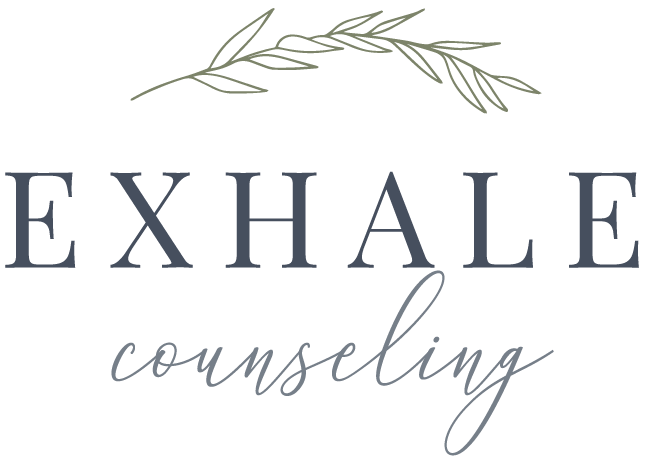+ Good faith estimate notice
Notice to clients and prospective clients:
You have the right to receive a ‘Good Faith Estimate’ explaining how much your mental health care will likely cost.
Under the law, health care providers are required to give clients who don’t have insurance or who are not using insurance, an estimate of the expected charges for medical services, including psychotherapy services. You have the right to receive a ‘Good Faith Estimate’ for the total expected cost of any non-emergency healthcare services, including psychotherapy services. You can ask your health-care provider, and any other provider you choose, for a ‘Good Faith Estimate‘ before you schedule a service, or at any time during treatment. If you receive a bill that is at least $400 more than your ‘Good Faith Estimate’, you can dispute the bill. For your records, it is recommended that you save a copy or picture of your ‘Good Faith Estimate’.
For questions or more information about your right to a ‘Good Faith Estimate’, or how to dispute a bill, see your Estimate, or visit www.cms.gov/nosurprises
+ Do you offer telehealth options?
Yes! We are thrilled to offer telehealth services through HIPAA compliant platform. If this is something you desire, please let us know when you call to schedule.
+ Do you have Christian counselors?
Yes, we are a Christian counseling service, therefore, all of our counselors are Christian. However, you do not have to be a Christian to see a counselor at Exhale. We respect your world view and belief system and don't try to force our beliefs on clients.
+ What is the difference between therapy and talking to a friend?
Friends are a great source of support and can be very helpful. A good friend, who listens well, is vital in our lives. However, friendships are not one sided, and it may be very hard to be objective. Friends are not trained to see clinical threads or patterns in others' lives the way a licensed clinician is.
Unlike in a friendship, therapy is centered around a client’s goals and needs. There is a clear objective and purpose determined. A licensed clinician has extensive education and training to understand relational patterns and human behavior. Therapists follow strict legal and ethical guidelines in order to protect the client’s confidentiality. Because of this safety, most people feel comfortable working through personal struggles with a therapist. A good therapeutic relationship is not a dual relationship, where the therapist shares his/her own personal problems or interacts frequently outside the office with clients. Because of these factors the client is able to focus clearly on themselves and the treatment goals set.
+ Do you offer behavioral/educational support (i.e. ADHD, learning differences, etc)?
Yes. We are equipped to process through ADD/ADHD both with a child and/or with the family unit as a whole. Additionally, we work with Executive Functioning Concerns such as dyslexia (reading & writing), dysgraphia (writing), and dyscalculia (math). We are also able to work with families to aid in the testing, IEP or 504 plan process.








